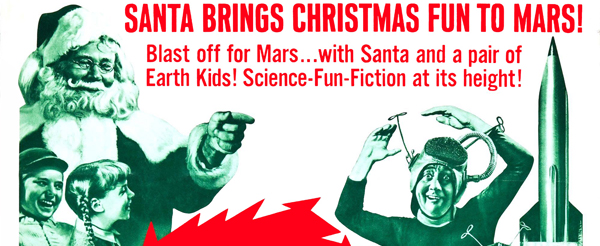
The original version of this blog was launched on a blog network called SciLogs, which announced earlier this month that it will be shutting down in September. This marks the end of Communication Breakdown, but the beginning of my new blog, Science Communication Breakdown – the blog that you are, in fact, reading right now. Continue reading “Goodbye, Old Blog – Hello, New Blog”








